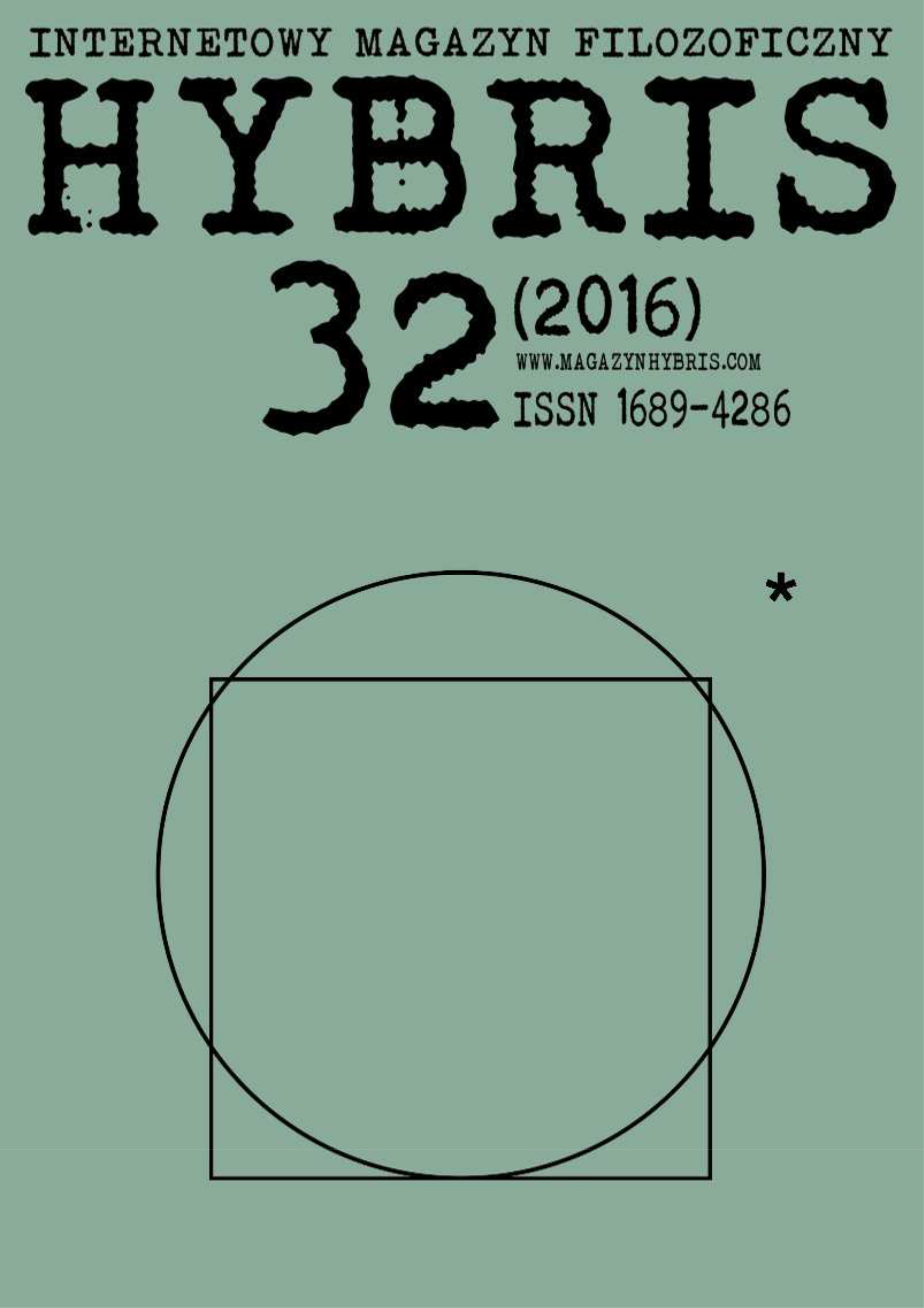Wie das absolute ich dazu führt, dass eine quae quaestum corpore exercent ihr gewerbe nicht für ihren eigenen genuss, sondern lediglich für den gewinn betreiben kann. J. G. Fichtes überlegungen zur ontologie der weiblichkeit
DOI:
https://doi.org/10.18778/1689-4286.32.04Keywords:
sex difference, marriage, man, woman, love, prostitutionAbstract
The perspective of the history of sexuality, as suggested by M. Foucault, seems to be useful for the recognition of Eros in Fichte's philosophy as an element of the 18th Century widespread interest in human sexuality. An interest which, however, had a specific purpose. If one looks at the shape of his own thoughts about love, it is still difficult to find any motives that go beyond the legislation of the rational nature. Love did not come here to the people unexpected, it does not have any separate dialect here, and the sensitivity and sensuality of Eros are based more on the responsibility and the duty of self-sacrifice. Fichte also failed to overcome the Enlightenment paradigm in thinking about the woman. However, this review should not be definitive, in view of the peculiar character of Fichte's work, like his little-known early poetic attempts or the novella The Lovers’ Valley, certainly written in the spirit of Romanticism. It should therefore come as no surprise that for J. W. von Goethe Fichte not only rapidly becomes an artist-philosopher, but in particular a great inspiration behind the so-called "Jena Romanticism".
References
Jacobs, Wilhelm, 2012, Johann Gottlieb Fichte. Eine Biografie, Berlin, Insel Verlag.
View in Google Scholar
Kühn, Manfred, 2012, Johann Gottlieb Fichte. Ein deutsche Philosoph, München, C.H. Beck Verlag.
View in Google Scholar
DOI: https://doi.org/10.17104/9783406630859
La Vopa, Anthony, 2001, Fichte. The Self and the Calling of philosophy, 1762–1799, Cambridge, Cambridge University Press.
View in Google Scholar
Nijakowski, Lech, 2010, Pornografia. Historia, znaczenie, gatunki, Warszawa, Iskry.
View in Google Scholar
Copelston, Frederick, 1995, Historia filozofii. Od Fichtego do Nietzschego, Warszawa, Pax.
View in Google Scholar
Fichte, Johann Gottlieb, 1797, Grundlage des Naturrechts nach Prinzipien der Wissenschaftslehre. Zweiter Theil oder Angewandtes Naturrecht, Jena/Leipzig.
View in Google Scholar
Fichte, Johann Gottlieb, 1971, Fichtes Werke, Bd. 8, Berlin, W. de Gruyter & Co.
View in Google Scholar
Downloads
Published
How to Cite
Issue
Section
License

This work is licensed under a Creative Commons Attribution-NonCommercial-NoDerivatives 4.0 International License.






